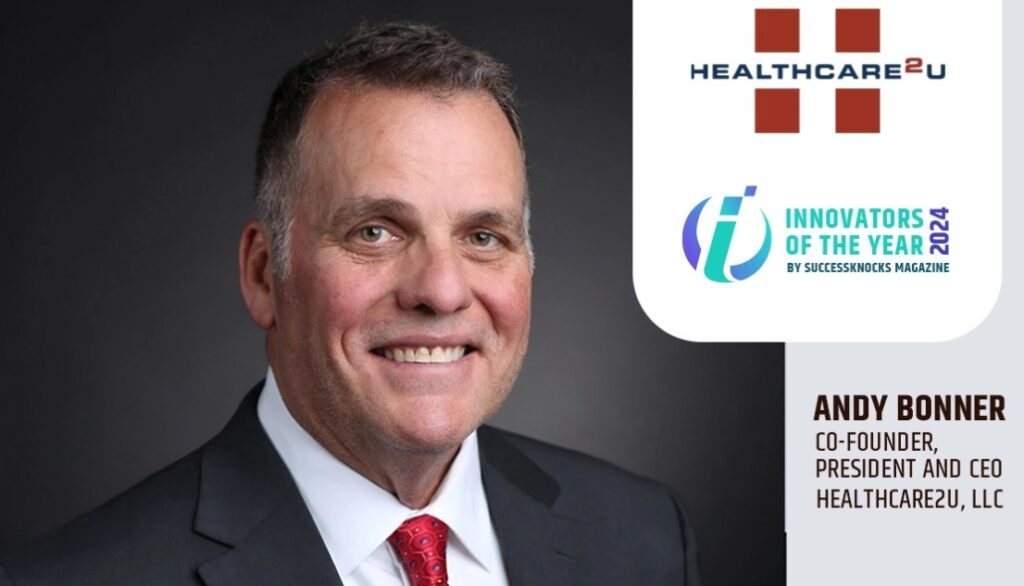Although the service sector keeps our economy going and makes our lives easier, service workers are often the lowest earners in our economy. For example in the United States, the average teacher’s salary is mid-thirty thousand to $40,000; the average automotive mechanic’s salary is $39,857; and according to the U.S. Department of Labor, the average farmworker earns between $15,000 to $17,499 a year.
Here are just a view of the professions included in the service sector:
- Housekeepers
- Teachers
- Restaurant staff
- Agricultural workers
- Mechanics
- Hotel Staff
- Retail workers
If you add up the average cost of living, the reason so many service workers do not have healthcare for themselves or their families comes sharply into focus. The average American spends $7,700 on groceries and eating out each year. According to the U.S. Department of Agriculture guidelines for a moderate budget, a family of four spends between $10,680 to $12,744 on food annually, according to the U.S. Department of Agriculture guidelines.
If you’re fortunate enough to be a homeowner, the average mortgage with 10 percent down runs about $14,000 annually. The cost of rent varies by region but averages $600 to $1500 per month in the U.S., or $7,200 to $18,000 each year. That is already about $20,000 annually for food and housing alone. Add in the cost of transportation and everything else required to maintain a household, and you’ve already swallowed up the income of a large segment of those employed within the service sector.
The Cost of Healthcare
Many restaurants, retail, hotel, agricultural workers, and other service employees are not offered health benefits from their employers. For those who do have the option, some still cannot afford to enroll or utilize their health plans due to high premiums and deductibles.
A single person with employer health coverage earning an annual salary of $50,000 spends, on average, $5,250, approximately 11 percent of his income on health care. This expense includes $800 per year in out-of-pocket costs, a $1,400 premium contribution, and $3,050 in state and federal taxes to fund health programs. If a single person earning an annual salary of $50,000 enrolls in coverage on the individual market instead of through his employer, he can expect to spend 20 percent of his income on health care.
A family of four in good health with employer-sponsored coverage and earning a reasonable salary spends about 12 percent of income on healthcare. If the health of at least one family member worsens, household health spending increases to 15 percent of their income.
The Cost of Not Having Healthcare
The Institute of Medicine found that uninsured adults in the U.S. have less access to recommended care, receive poorer quality of care, and experience worse health outcomes than insured adults do.
Studies show the uninsured are less likely than those with insurance to receive preventive care and services for major health conditions and chronic diseases. Twenty-one percent of nonelderly adults without coverage said that they went without needed care in the past year because of the cost, compared to 4 percent of adults with private coverage and 7 percent with public coverage.
An Affordable New Solution
Unfortunately, many in the service sector do not know about direct primary care and how affordable it is for families to get the healthcare they need to maintain good health. Recently, benefits brokers nationwide have endeavored to educate service employers and employees about the benefits of DPC, such as:
- Unlimited virtual DPC/telehealth
- Unlimited doctor visits for low or no visit fees
- Unlimited chronic disease management
- Unlimited urgent care for a small fee
- Annual physicals for no out-of-pocket cost
- Recommendations for generic pharmaceuticals
Direct primary care (DPC) is different than health insurance for several reasons. First, it is not insurance, so there is no expensive monthly premium deducted each pay period. Second, there are no high deductibles to meet before insurance coverage kicks in. With a DPC membership, employees and their dependents pay a low monthly fee for unlimited access to primary care.
The need for healthcare is vast among those who serve us every day. The everyday heroes who keep our transportation, food, schools, and households going must be educated on their healthcare options and should be offered the benefits of affordable and convenient access to primary care.
If you’d like more information about how you can bring DPC to the service sector, contact Healthcare2U.







